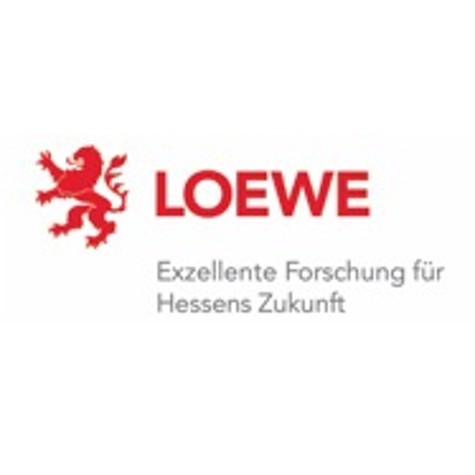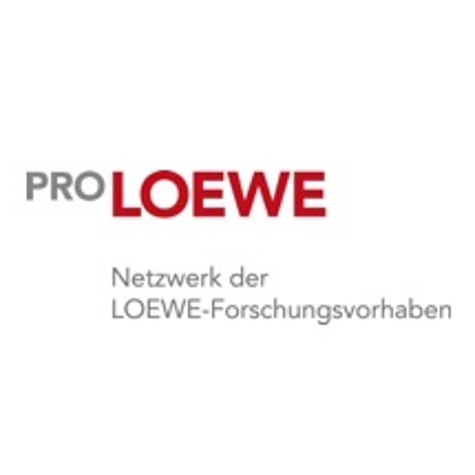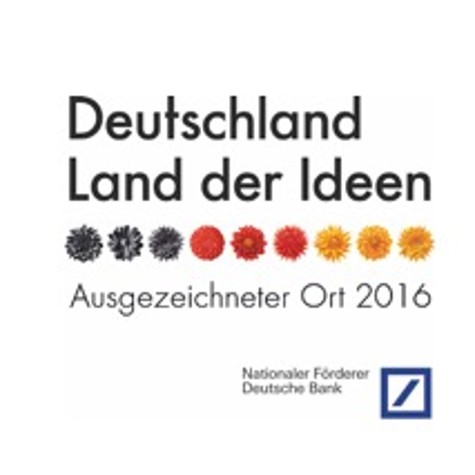iNAPO
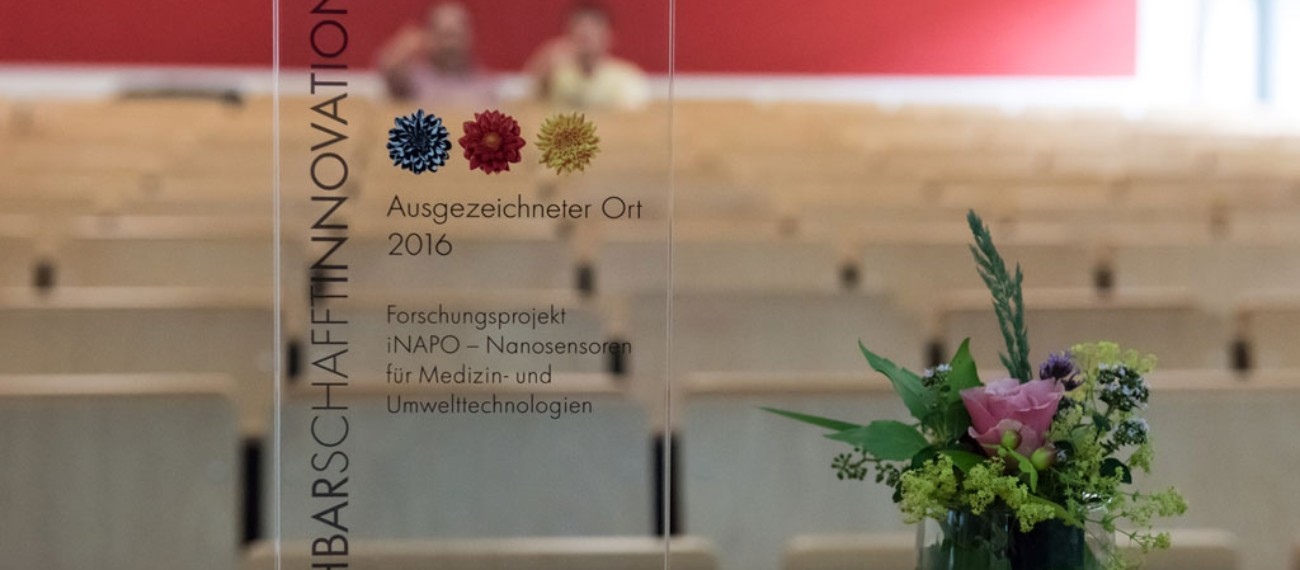
Ion Conducting Nanopores
Welcome to the LOEWE Research Cluster iNAPO
The LOEWE Research Cluster iNAPO – ion conducting nanopores – is engaged in the construction of nanoscale sensors modeled after nature. The vision is to develop a new generation of nanosensors which combine synthetic and biological nanopores.
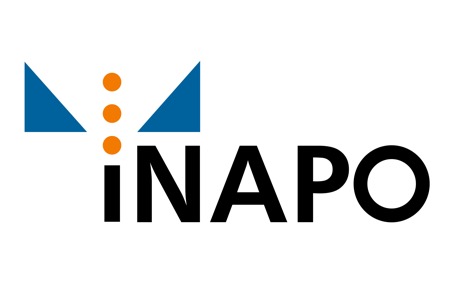
The LOEWE Research Cluster iNAPO – ion conducting nanopores – is engaged in the construction of nanoscale sensors modeled after nature. The vision is to develop a new generation of nanosensors which combine synthetic and biological nanopores.
Synthetic nanopores are produced at the Materials Science department of the Technische Universität Darmstadt in cooperation with the GSI Helmholtz-Zentrum für Schwerionenforschung. The ion track-etching method leads to single nanopores in polymer films, a technique currently only available in Darmstadt. Synthetic nanopores are robust and can be installed in equipment in order to use them reliably in industrial and/ or clinical settings. This state-of-the-art technology as a sensor has been successfully demonstrated however the performance of synthetic pores is restricted in terms of selectivity and sensitivity.
Ion channels in cell membranes represent biological nanopores, they receive physical, biological and chemical signals very sensitively and convert them into measurable current signals. Potassium channels, which are present in human cells as well as in viruses, allow only potassium ions to pass through the membrane and can be selectively switched on and off by various factors.
Bodo Laube and Wolfgang Ensinger,
iNAPO Coordinators
"We want to develop nanosensors for medical and environmental technologies!"
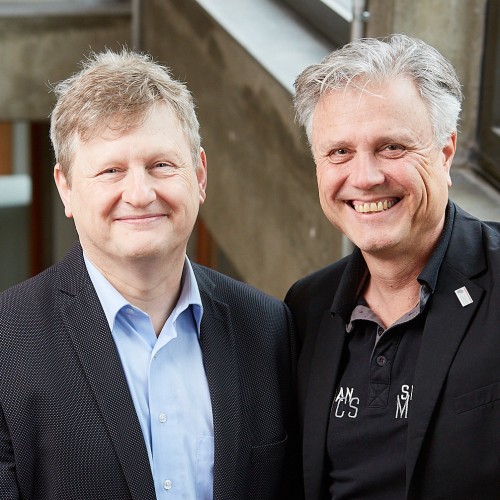
The scientists involved in iNAPO try to understand and mimic the structural and functional principles of biological pores. Based on the model of biological potassium channels, they want to build current-conducting nanopores in solid-state materials, which can be used in analytics and biomedicine. Here iNAPO draws a line from atomistic questions about the structure and function of nanopores to the technical implementation in a device.
The research cluster iNAPO is funded for 4 years, from January 1, 2016 to December 31, 2019, with over 4 million Euros by the state of Hessen in the research promotion program LOEWE – “Landes-Offensive zur Entwicklung wissenschaftlich-ökonomischer Exzellenz”.




